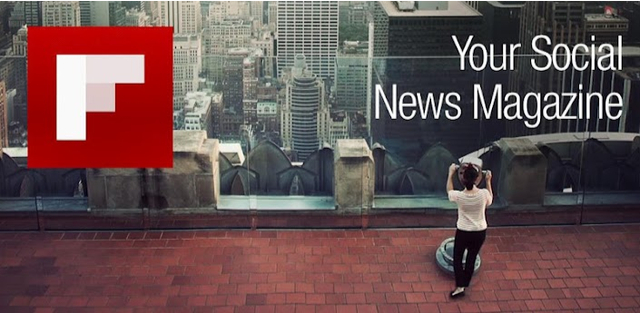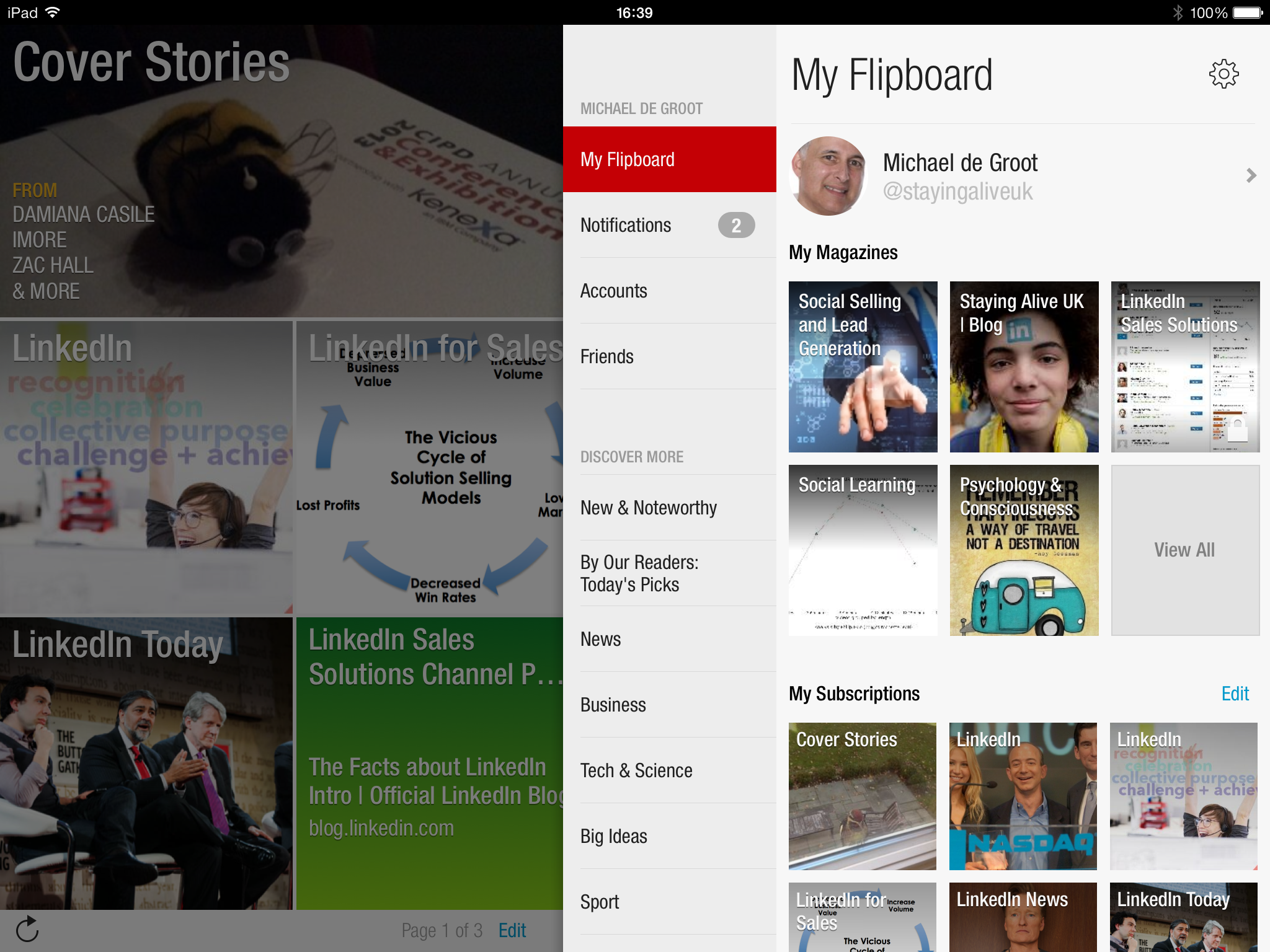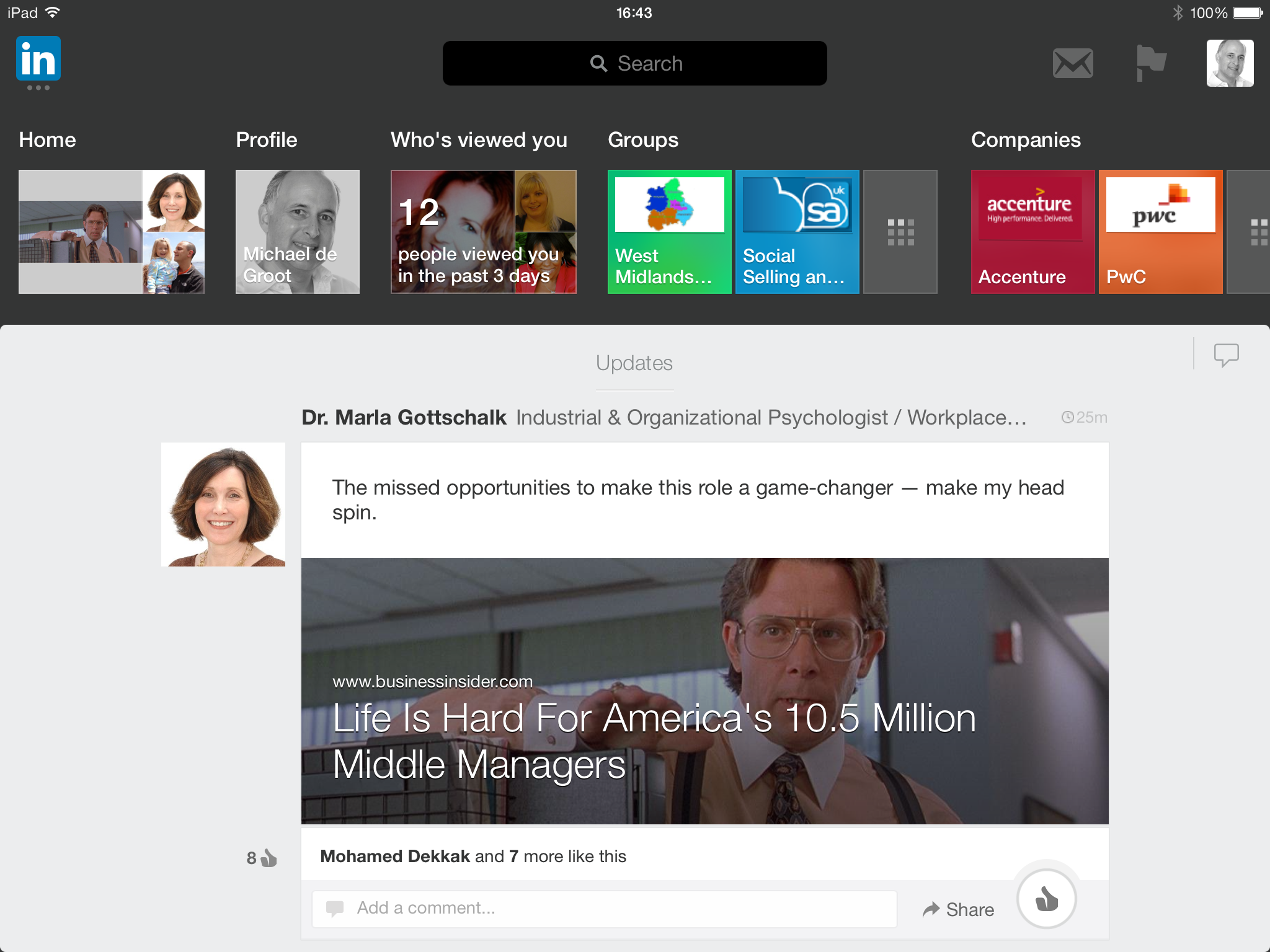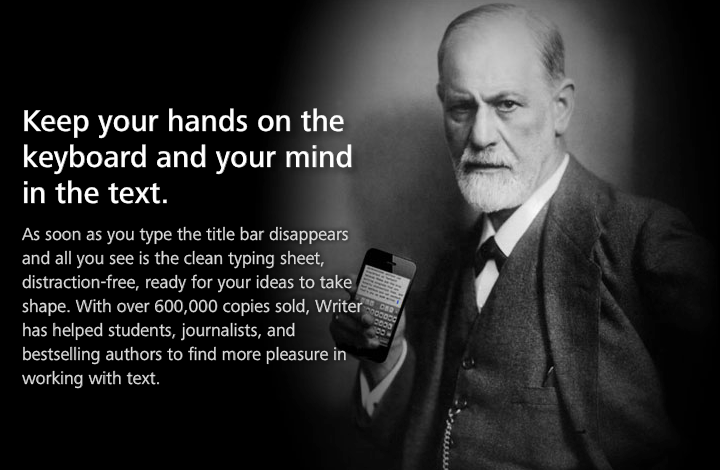If you are in business or working for a business, you are more than likely examining the results for 2012 and wondering what 2013 will bring.
Reinvention? Examining the offer? Going in a new direction? Looking for new partners, sales channels, sales people?
These may all be questions that are being asked at the moment and maybe your business coach or business consultancy is asking you to think about those too?
Last question, why do we do this now when we have crossed this magical December 31st into a new year?
Shouldn't we be examining these questions each and every month? Maybe some of you do, but...
There's something in our human nature that causes us to be creatures of habit and we have a habit of following the crowd and when the world at large is doing it as well.

David Bowie decided to not follow the crowd. On the 8th January he released a new single and announced a new album, after a decade in the dark. OK so what is special about that? Well nobody in the music industry or press knew about the fact that he was recording, and they had no idea that the single was being released until it was done on the 8th January. So it made the national and international news instantly.

Why follow the crowd? We do it most of the time and research confirms that we are hard-wired to follow the pack.
Gregory Berns [ http://en.wikipedia.org/wiki/Gregory_Berns ] is an American neuroeconomist, neuroscientist, professor of psychiatry, psychologist and writer. He did some experiments with the ABC network in the US and below is a summary of one of the social experiments that he researched.
They invited a group of strangers to Jean George's Asian restaurant in lower Manhattan for a fabulous dinner -- and a surprise.
Party planner Colin Cowie and his friend, Donna D'Cruz, were in on the experiment. Their role was to exhibit outlandish behaviour most people wouldn't dream of while out at dinner with a group of strangers.
Cowie and D'Cruz licked their fingers, a dinner table no-no. Cowie picked his teeth. The guests initially seemed not to take the bait -- until dessert rolled around.
D'Cruz told everyone they should pick up pieces of mango face first, using their mouth. Eventually, people who were total strangers at the beginning of the evening were passing fruit back and forth, mouth to mouth.
Only Harold and Maria, a Canadian couple, passed on the gustatory familiarity. Finally, Harold was the only one who dared to ask, what is the point of the dinner?
Cowie explained the experiment to the group. "I think because we broke the rules, and we made things possible at the table, several of you followed suit with it."
One woman at the table said: "I think the majority of people will look to see what others are doing and follow their example."
Conforming Can Have Dangerous Consequences
This test is an example of our human need to conform. In fact, Berns' experiment is a variation of one done many years ago by another scientist trying to decipher an extremely vicious instance of conformity -- why so many Germans followed Adolf Hitler down the path to death and destruction. Berns says there are two ways to explain conformist behaviour.
"One is that they know what their eyes are telling them, and yet they choose to ignore it, and go along with the group to belong to the group," he said.
The second explanation is that hearing other opinions -- even if they are wrong -- can actually change what we see, distorting our own perceptions.
Berns wanted to see what was happening in the brain during his experiment. Using an fMRI, Berns found that, during the moment of decision, his subjects' brains lit up not in the area where thinking takes place, but in the back of the brain, where vision is interpreted.
Essentially, their brains were scrambling messages -- people actually believed what others told them they were seeing, not what they saw with their own eyes.

"What that suggests is that, what people tell you -- if enough people are telling you -- can actually get mixed in with what your own eyes are telling you," Berns said.
And for those who went against the group, there was another intriguing result: Their brains lit up in a place called the amygdala, which Berns calls "the fear centre of the brain."
"And what we are seeing here, we think, is the fear of standing alone," Berns said.
So why do people follow the pack no matter how ridiculous it seems? Perhaps it's not so much about good and evil, right and wrong, smart or stupid. It might be, as Berns' experiment suggests, that our brains get confused between what it sees and what others tell us.
Just knowing that might help us guard against it.
What product or service are you planning or considering that can be kept a secret until you are ready to launch it to your prospects and customers?
Keep your powder dry, have less fear about rejection and more resolve about success.
Stop following the crowd and be DIFFERENT in all areas of your business.
Success!
















































